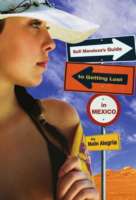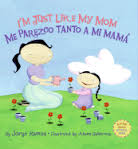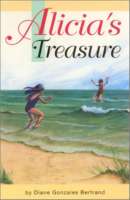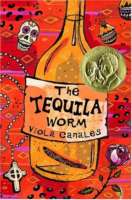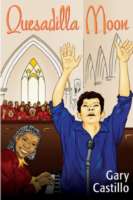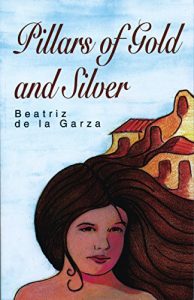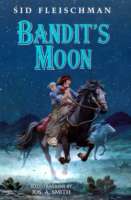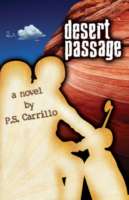
Miguel and Ramón are in big trouble with their family. The cousins were almost expelled from school for fighting, and just as they’re finishing up their final year in middle school and preparing to enter high school, their grades have dropped. Miguel’s father Rodrigo who, with his wife Connie, has raised Ramón since his father’s tragic death in a car accident has decided the boys need to be punished. So instead of going on the family’s summer vacation to Santa Fe, they’ll stay with their Abuelita Rosa in a remote town in northern Arizona and do chores around her place.Dreading a long, boring month with their grandmother in the middle of nowhere, the boys get started on the extensive list of tasks they are supposed to complete. Cleaning the shed seems like the least disagreeable one, and soon they find something interesting: a two-wheeled Vespa scooter covered with dust and cobwebs. Excited at their find, the boys decide fixing the scooter might enliven their stay. If they can get it to run, they’ll at least be able to get around town.The next morning, though, Miguel and Ramón wake to a quiet house, and they’re shocked to find their grandmother unconscious in her bed. When the ambulance takes her away to the hospital, the boys are left alone and unable to contact Miguel’s parents. Suddenly, the scooter seems to be the only answer to reaching their family, and so the boys gather food, water, sleeping bags, and the small amount of money they have and begin the long trip to New Mexico.Miguel and Ramón quickly learn that traveling across the country isn’t as easy as they had expected. Sharing the road with fast-moving eighteen-wheelers and camping in the cold desert all make for an exhausting trip. But along the way the boys see many wonderful sights including the Grand Canyon and the red rocks of Sedona and meet lots of interesting people: Frank, an old friend of their grandfather’s who helps them get the scooter ready for the trip; Turner, an attentive youth group counselor they meet at the Grand Canyon; and a group of scientists exploring an ancient Native American site. Most importantly, Miguel and Ramón will discover a lot about themselves through their growing independence as emergent young men.
